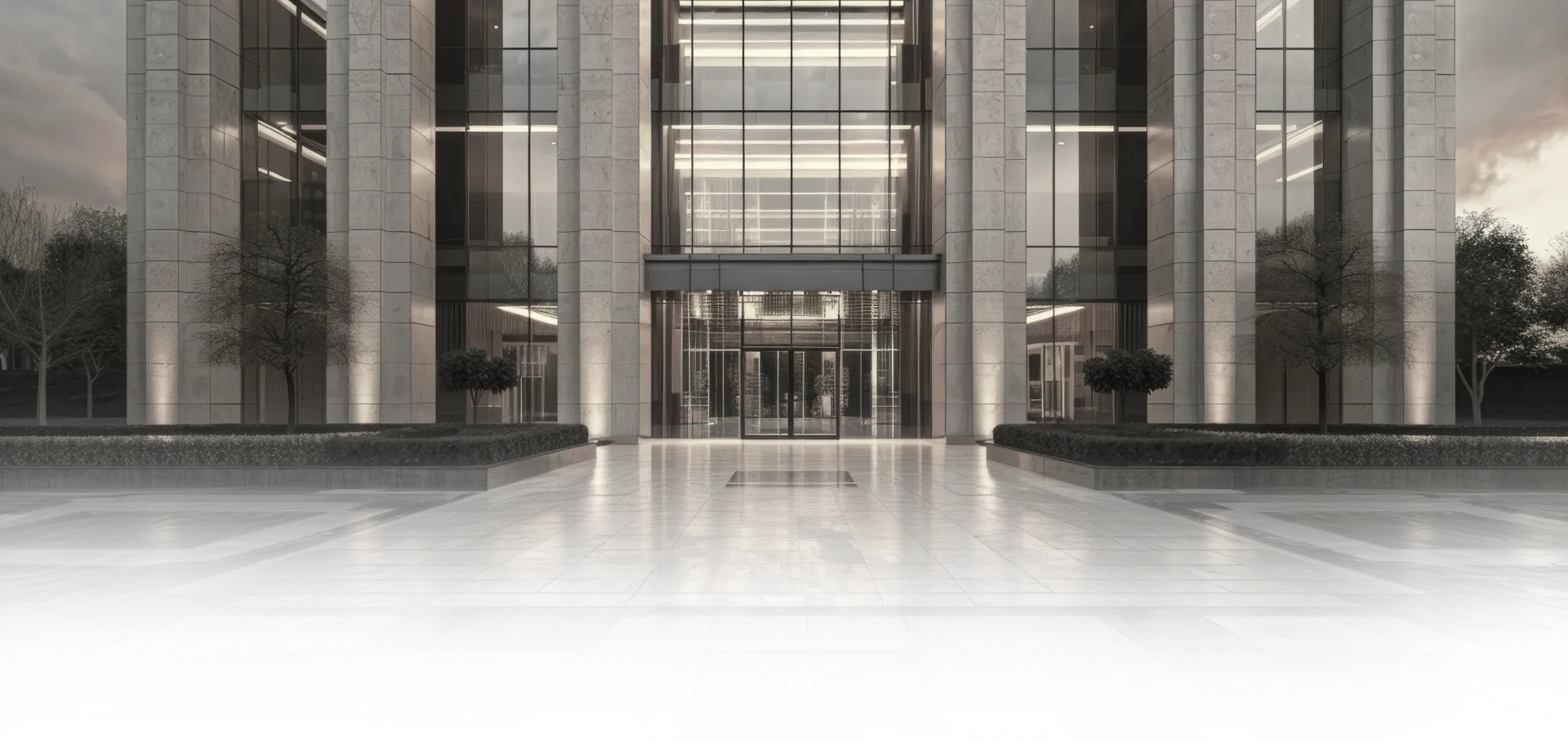Motorcycle accidents can cause serious physical injuries, but the psychological effects are often just as severe. Riders involved in accidents may experience lasting emotional trauma that can impact their everyday lives. In addition to physical recovery, the mental and emotional toll of a motorcycle accident can require extensive care and attention. It’s essential to recognize these psychological effects and seek appropriate support to heal fully.
If you’ve been in an accident, a motorcycle accident attorney in Los Angeles can help you not only recover compensation for your physical injuries but also address the emotional aftermath of the crash.
Emotional Trauma After a Motorcycle Accident
Motorcycle accidents can be sudden, violent, and life-altering. Riders often face intense emotional distress, including shock, fear, and confusion, immediately after the accident. This emotional trauma can persist long after the physical wounds have healed.
Common Emotional Reactions:
Anxiety and Fear
Many riders develop intense anxiety following an accident, especially when considering getting back on a motorcycle. The fear of another accident or being on the road can feel overwhelming, leading to avoidance behaviors and even withdrawal from everyday activities. This anxiety can interfere with personal relationships, job performance, and overall quality of life.
Depression
Motorcycle accidents can drastically change a person’s lifestyle, especially if the rider suffers significant injuries. Feelings of helplessness, isolation, and sadness are common among accident victims, and in some cases, these feelings can lead to depression. The physical limitations, coupled with the mental strain, can create a challenging environment for recovery.
Post-Traumatic Stress Disorder (PTSD)
Motorcycle accidents can be terrifying, and for some riders, the memory of the crash becomes a constant source of distress. PTSD is a serious mental health condition that can develop after a traumatic event. Riders with PTSD may experience flashbacks, nightmares, and severe anxiety. They might avoid places, people, or activities that remind them of the accident, which can significantly impact their day-to-day functioning.
Cognitive and Behavioral Changes
In addition to emotional effects, riders may experience changes in their thinking and behavior following an accident. These cognitive and behavioral changes can make it difficult for riders to adjust to normal life post-accident.
Common Cognitive and Behavioral Issues:
Difficulty Concentrating
After a traumatic motorcycle accident, riders might struggle with concentration and memory. Simple tasks can become challenging, and staying focused may require more effort than before. This difficulty in concentration can hinder recovery and affect a person’s ability to work or manage daily responsibilities.
Aggressive or Irritable Behavior
Emotional trauma can sometimes manifest as irritability or aggression. Accident victims may feel frustrated by their situation or angry about the events that led to the accident. As a result, they may act out, have shorter tempers, or feel irritated more easily. This can strain relationships with family and friends.
Sleep Problems
Sleep disturbances are common among those recovering from a motorcycle accident. Anxiety, depression, or PTSD can lead to insomnia or nightmares. Poor sleep can worsen both mental and physical health, slowing down the recovery process and exacerbating other psychological effects.
The Importance of Seeking Support
Understanding and addressing the psychological effects of a motorcycle accident is just as important as treating physical injuries. Many riders may hesitate to seek help for emotional trauma, but early intervention can prevent long-term mental health issues.
Why Support is Crucial:
Mental Health Therapy
Speaking with a mental health professional can help riders process the emotional trauma of an accident. Therapists can provide coping strategies for anxiety, depression, or PTSD, allowing riders to work through their feelings and begin the healing process.
Support Groups
Motorcycle accident survivors often benefit from talking to others who have gone through similar experiences. Support groups provide a safe space for riders to share their stories, listen to others, and feel understood. This sense of community can help reduce isolation and promote emotional healing.
Legal Assistance
The emotional toll of a motorcycle accident often comes with financial stress due to medical bills, lost wages, and property damage. An experienced motorcycle accident attorney can help riders recover compensation for their losses, allowing them to focus on healing. Legal representation ensures that accident victims can pursue justice and secure the support they need for their physical and emotional recovery.
Conclusion
The psychological effects of a motorcycle accident can be just as significant as the physical injuries. Riders may face anxiety, depression, PTSD, and other emotional challenges that require professional support and understanding. Seeking mental health treatment and legal assistance can be critical steps in the recovery process.
If you or a loved one has been involved in a motorcycle accident in Los Angeles, contact Crown Law Group, PC, to schedule a free initial consultation. Our experienced motorcycle accident lawyers are here to help you navigate your case and secure the compensation you deserve. Call us today at 310-734-0504 to get started on your path to recovery.


